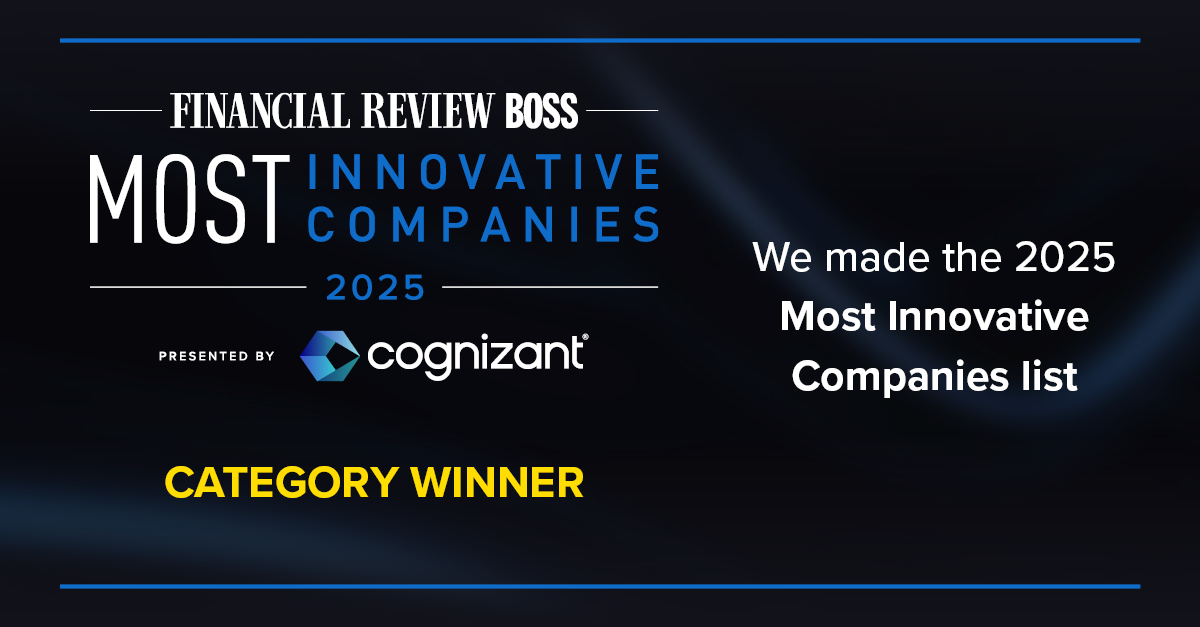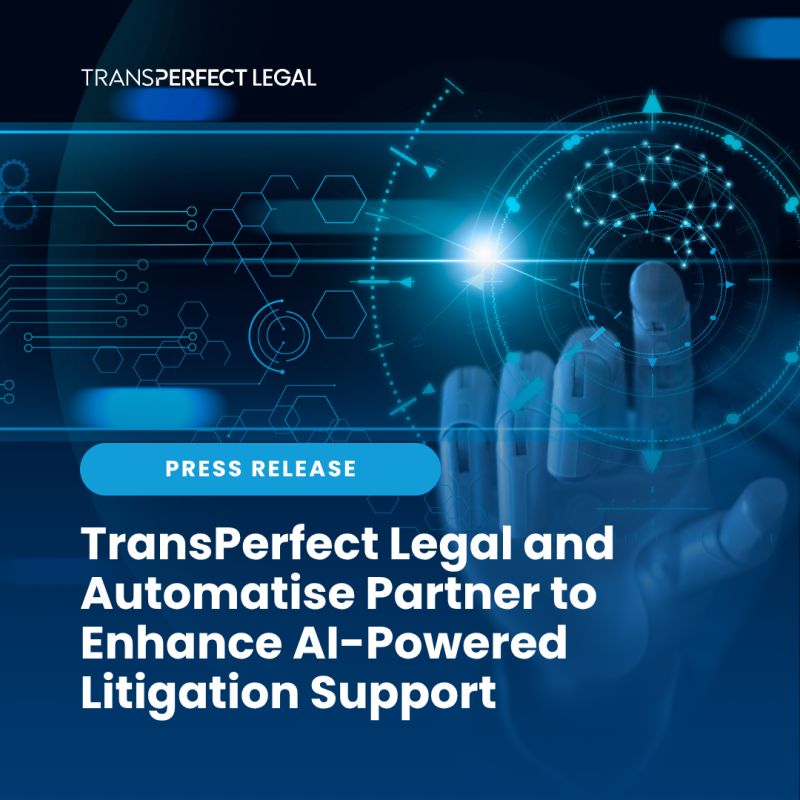
We are happy to report that The Supreme Court of New South Wales has issued new guidelines permitting the use of privately hosted, secure AI solutions for summarisation, chronology generation, and factual investigation in litigation.
Cicero, a platform designed for document review and analysis, strictly adheres to The Supreme Court of New South Wales guidelines. It operates behind our client's firewalls, meets strict security standards (ISO27001, ISO42001, SOC 2), does not train large language models on client data or shares client data with third parties.
The decision of the court is contingent upon legal practitioners ensuring that the information:
The general prohibition on using AI to generate honest recollections, such as affidavits or witness statements, remains in place. We are happy to report that Cicero does not generate legal pleadings or sworn statements.
The Court’s amendment to Practice Note SC GEN 23, effective from 3 February 2025, is very welcome by Cicero team for its sensible carve-outs for low-risk, high-value use cases that enhance efficiency and access to justice, while maintaining restrictions on higher-risk tasks like drafting witness accounts and ensuring the validity of cited cases in submissions.
As a participant in the consultation process, we really appreciated Chief Justice Bell’s inclusive approach in updating these guidelines.
Read the Updated Practice Note Here:





